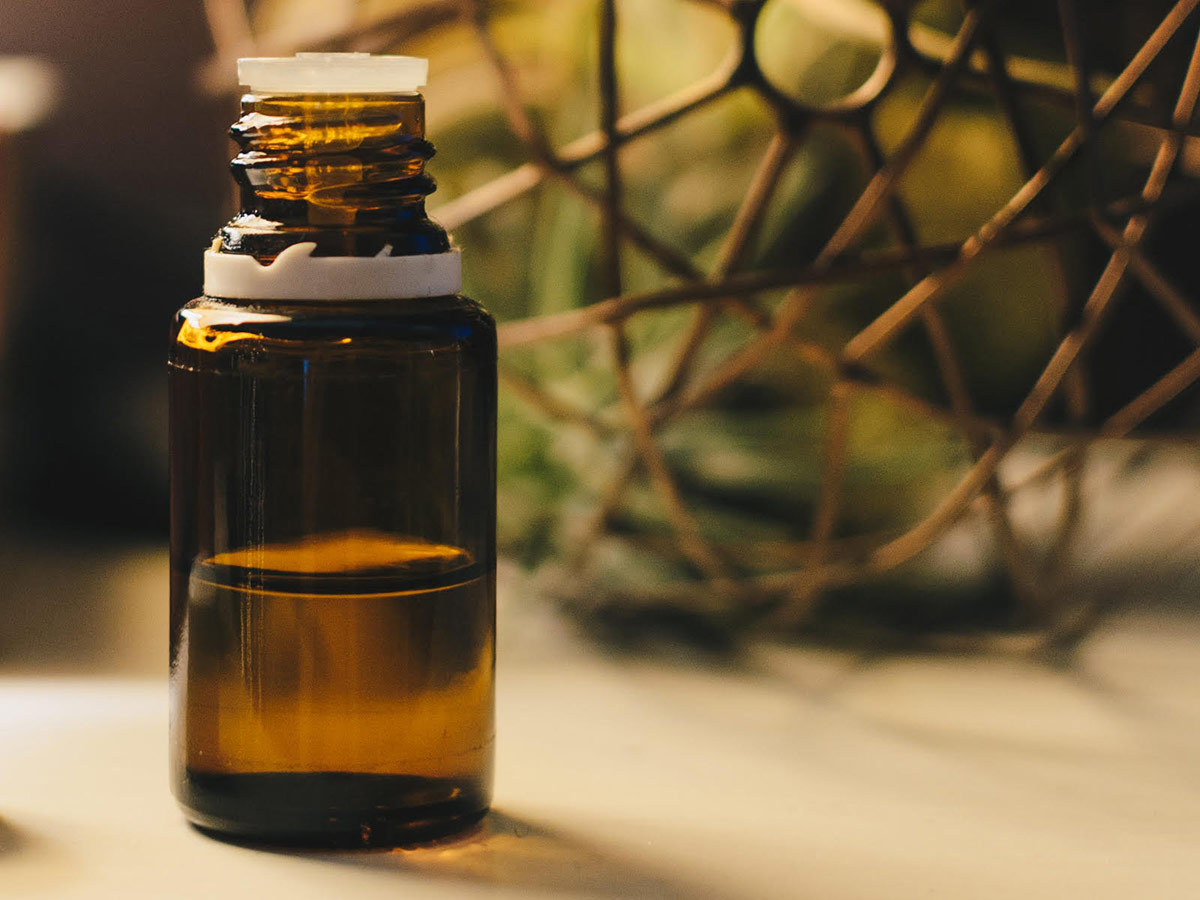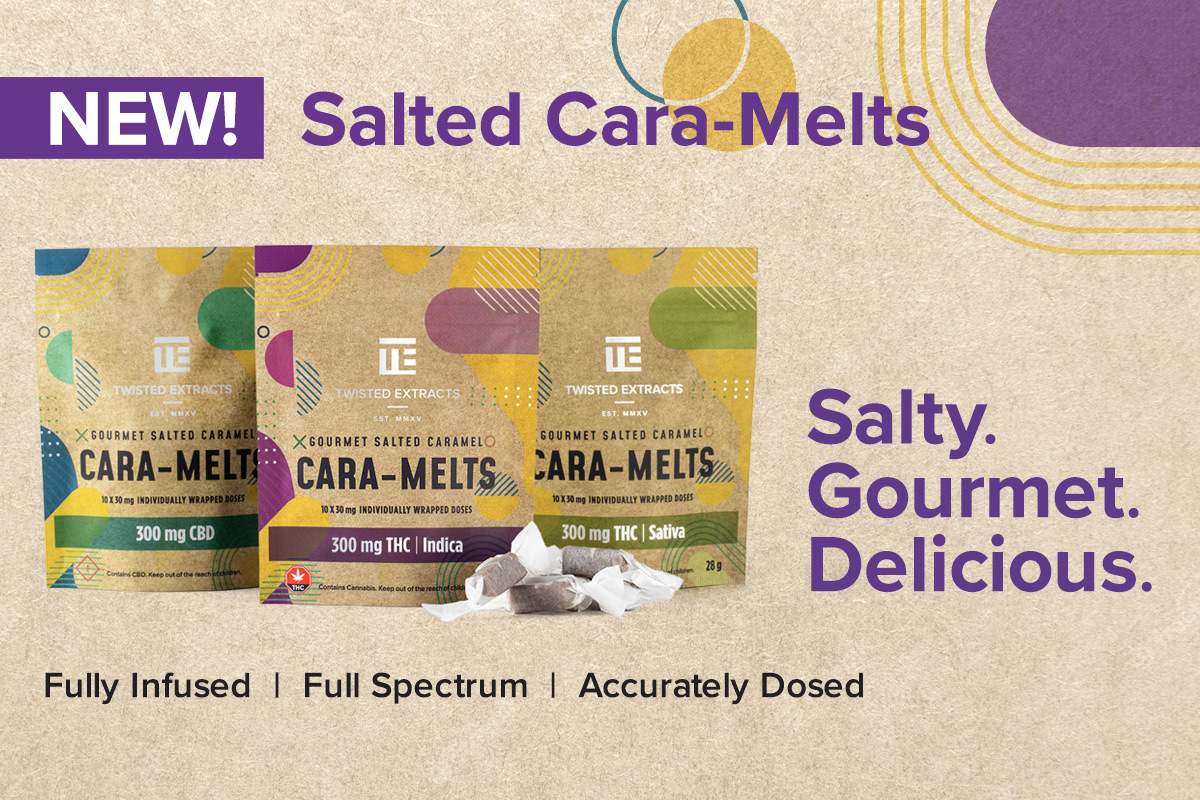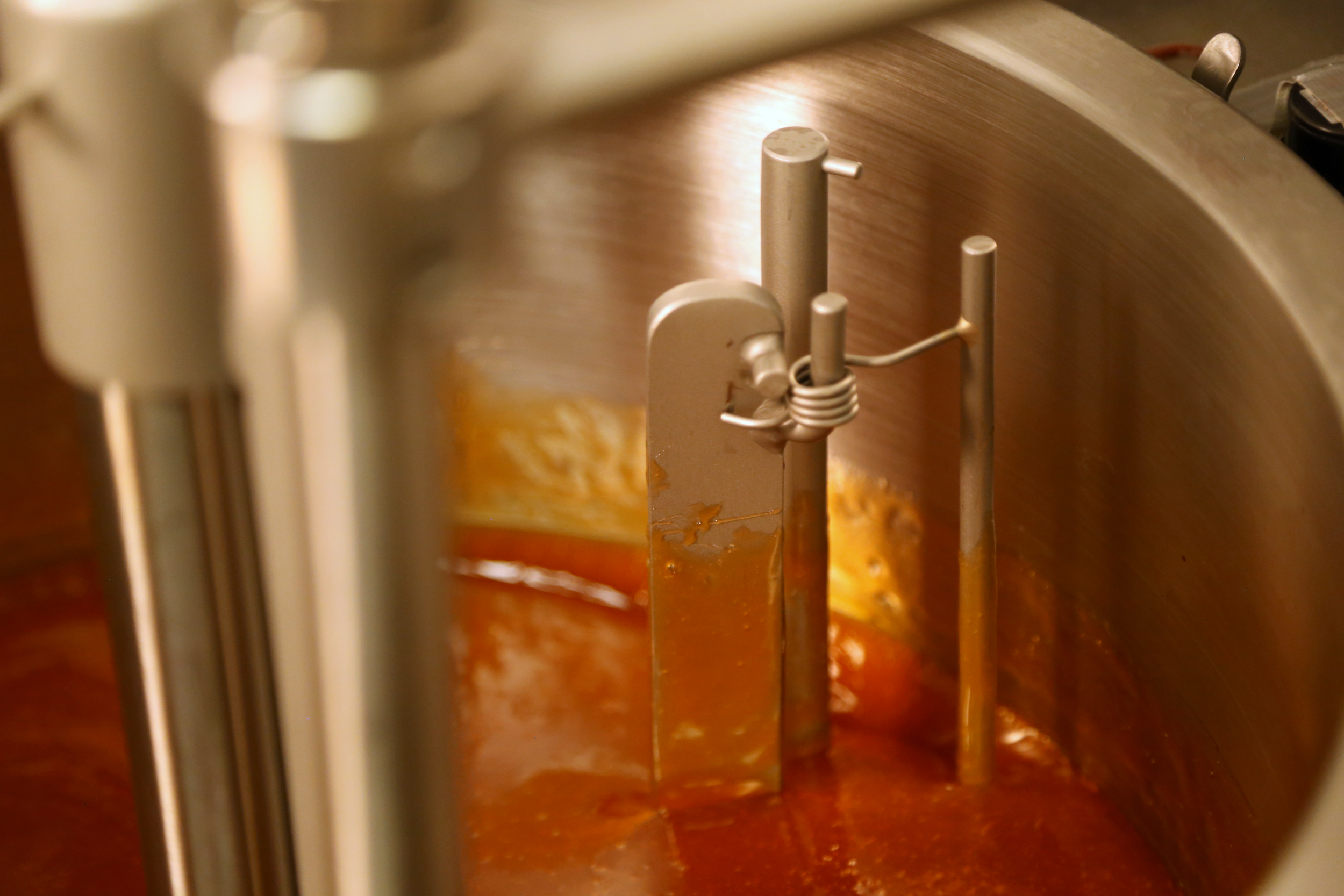
Jean knew her pain killer addiction was a problem when she was prescribed the fentanyl patch.
She was already taking fast and slow release drugs, a total of 64 mg of opiates a day. (Less than 20 is considered a low dose and 200 mg or more is associated with high risk of mortality.) And it wasn’t enough. Two different pharmacists said her only alternative was to switch to fentanyl.
“I was terrified,” Jean says. It was 2016, 11 years into her journey of pain, as she puts it. The opiate crisis had just been declared a public health emergency in British Columbia; hundreds were dying from fentanyl overdoses in the Canadian province. Thousands were overdosing across North America.
“I knew I had to have another option,” Jean says in a video testimonial for Move The Movement, a website dedicated to sharing personal stories of treating health issues with cannabis.
Her daughter and son-in-law urged her to try cannabis oil. Never one to break the rules, the idea of using an illegal substance scared Jean, but the alternative was even more frightening.
“Three years ago I wouldn’t have [switched to cannabis oil],” Jean says. She struggled with the decision to try it, wrestling with the legality and what her friends and family might think about her. But she’s now extremely proud that she had the strength to try.

Today, Jean is off opiates, having slowly, painfully, with trial and error replaced her pain killer addiction with cannabis oil. She’s not alone. A growing pool of scientific and anecdotal evidence shows cannabis is often a viable treatment for opiate addiction. It’s part of a renaissance rediscovering cannabis as a medicine.
Two recent papers showed a correlation between legalizing cannabis and a decline in opioid related prescriptions and dosing. Both used five years of data from U.S. national health care programs and both were published in JAMA International Medicine, a journal. The numbers suggest when cannabis is accessible at dispensaries people make the switch from prescription drugs, says W. David Bradford, the author of one of the studies and an economist at the University of Georgia.
“If you’re interested in giving people options for pain management that don’t bring the particular risks that opiates do, states should contemplate turning on dispensary-based cannabis policies,” he told STAT News.
Specifically, one paper found that people on Medicare, a health insurance program for seniors, filled 14 percent fewer prescriptions for opioids after medical cannabis became legal. The other paper examined the shift in opioid prescriptions with Medicaid, a medical assistance program for low income individuals. Every year after a state legalized cannabis use citizens filled 40 fewer prescriptions for every 1,000 people. The researchers saw the biggest drop in states that legalized both medical and recreational cannabis use.
The new research builds on previous studies, including a 2014 paper that found access to legal cannabis reduced opioid overdose deaths by 25 percent.
But figuring out how to safely and effectively replace cannabis for opioids remains a grey area. Cannabis clinics have been experimenting with what they call the “substitution method” for a few years. At Apollo Clinics, a medical marijuana clinic in Toronto, chronic pain patients reported a 20 percent reduction in severity of symptoms and a reduction in opiate use when they started using cannabis.
“Our research is showing that patients that go through the proper dosing methodology, approximately 80 per cent of those patients will reduce or stop using opiates,” said Bryan Hendin, the founder and president of the Toronto based clinics.
But figuring out the “proper dosing methodology” is the hard part. Hendin says it varies with the individual, the problem they are trying to treat and the strain and dose of the cannabis.
“You have to spend time working with the patient, going through the process,” Hendin says. “If you don’t go through that process, you’re just throwing a dart at a board. There’s no strategy to it.”
That mirrors Jean’s experience. It took three years of trial and error to figure out the right dosing to completely wean herself off opiates. It was an extremely difficult process, she says.
Throughout, she was footing the bill. As an asthmatic, smoking or inhaling cannabis isn’t an option; but only inhale-able products are available legally with a doctors prescription, which could be covered by insurance. Instead she uses cannabis oil purchased off the black market. It is a cost she can afford, but not one everyone can.

“I hope the medical system will catch up with the knowledge and understanding of how valuable cannabis oil is and eventually it will be covered by the medical system,” she says.
In the meantime, her experience prompted her to contribute to Move the Movement. The new website is an online community where patients share their personal stories and others come to learn about how regular people use cannabis to treat different health concerns. It was founded on the idea that there’s a lack of unbiased information and the best way to fill the void is patient to patient. Jean wrote about her journey to become opioid free and MTM filmed a video testimonial for their Facebook site.
“I hope if hearing my testimonial, others will learn about the value of cannabis oil,” Jean says. And if one person finds relief, solace or inspiration from Jean’s journey then 11 years of struggle won’t feel quite so painful.
Did you like this post? Want more?
Curious about Cannabis and its culture? Want to learn more from an insider’s perspective? Sign up for our newsletter and get the intel. Future interesting dinner conversations guaranteed.





